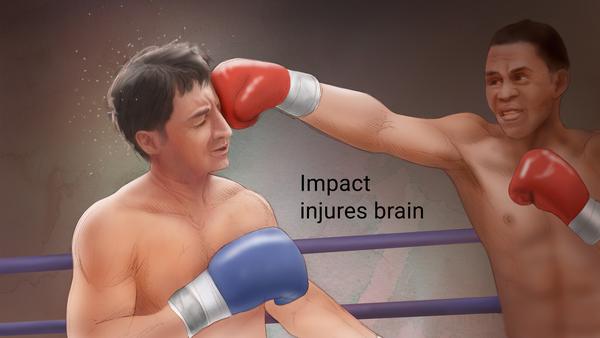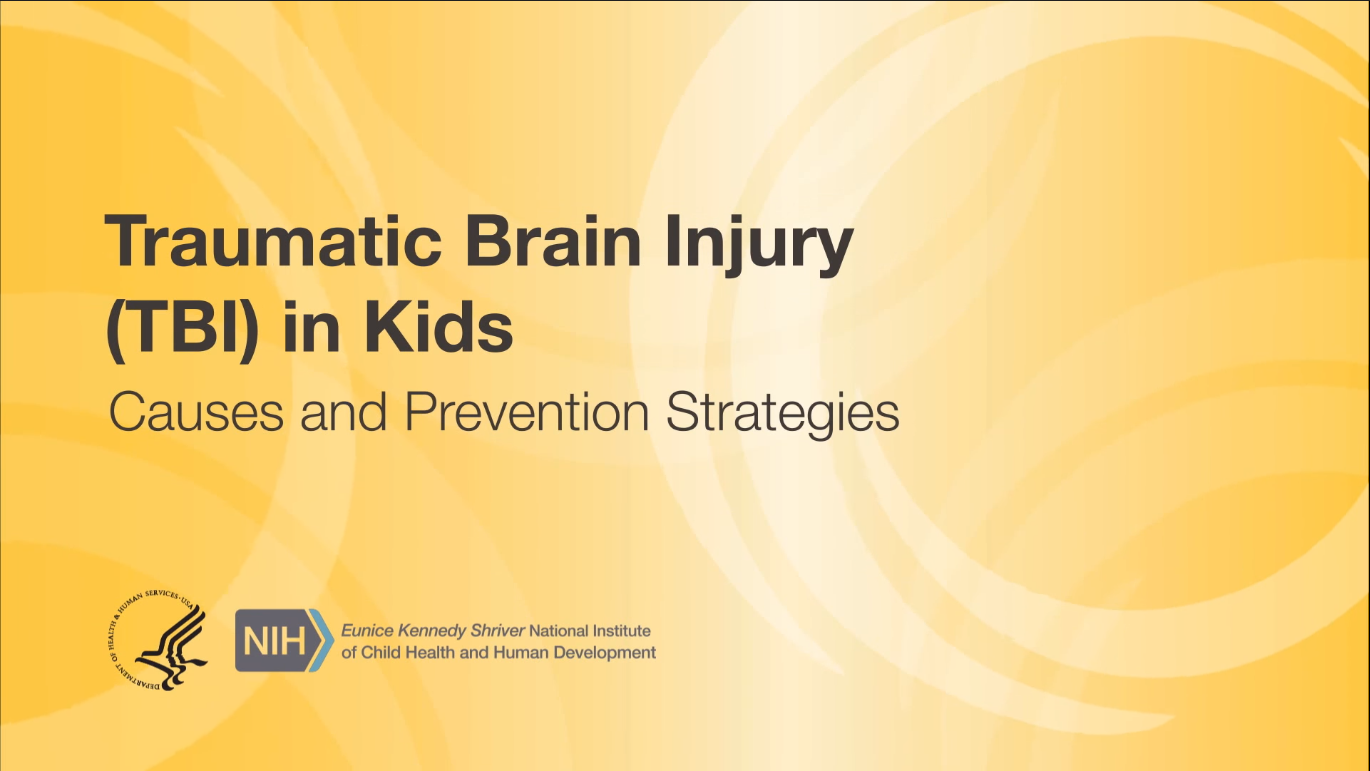What is it?
Understanding an mTBI is the first part to effective treatment and prevention.
- Very common
- Usually self-diagnosable
- Treatable by a medical professional

A mild traumatic brain injury, or concussion, is a brain injury caused by a blow to the head or a violent shaking of the head and body. This occurs from a mild blow to the head, either with or without loss of consciousness and can lead to temporary cognitive symptoms. Symptoms may include headache, confusion, lack of coordination, memory loss, nausea, vomiting, dizziness, ringing in the ears, sleepiness, and excessive fatigue. There's no specific cure for concussion. Rest and restricting activities allow the brain to recover. This means one should temporarily reduce sports, video games, TV, or too much socializing. Medications for headache pain, or odansetron or other anti-nausea medications can be used for symptoms.
You Can Prevent Traumatic Brain Injury
There are many ways to reduce the chances of sustaining a traumatic brain injury. See prevention tips listed below.
- Buckle Up Every Ride
- Never drive while under the influence of alcohol or drugs
- Wear a helmet, or appropriate headgear
- Prevent Older Adult Falls
- Make living and play areas safer for children
Find out more about how Dasion diagnoses mTBIs.
Upload your EEG data to our service and receive accurate diagnoses immediately.
Existing Diagnosis Models:
Bag of Adverserial Features - 83.8%
Applyies an adversarial auto-encoder to learn patch-level features.
Bag of Visual Words - 76.6%
Relies on the mean values of MR metrics in selected brain regions to train the model.
What does an mTBI look like?
Find out if you may have sustained a concussion/mTBI.
A concussion/mTBI is diagnosed by one or more of the following signs immediately after a traumatic blow or jolt to the head:
- Loss of consciousness for less than 30 minutes
- Loss of memory for events before or after the injury resolving within 24 hours
- Alteration of consciousness (confusion, disorientation, or dazed feeling) resolving within 24 hours
Note: While a loss of consciousness is sufficient for a diagnosis of concussion/mTBI, it is not necessary.


